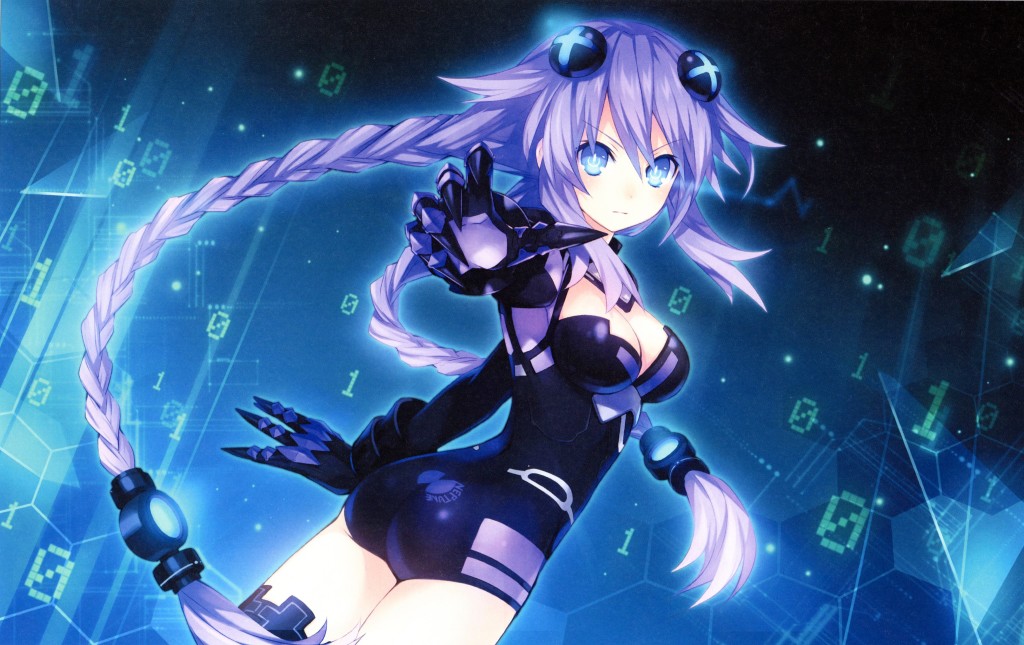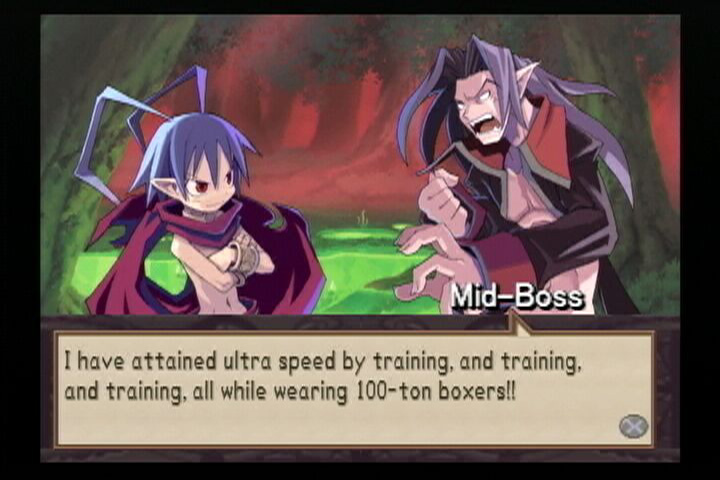I rarely use the colloquial understanding of a Bible verse in most of my writings. I find that such interpretations often distracts from the true meaning and context of the verse itself, often ignore many factors in coming to the particular narrative that understanding will buttress in the future. Still, I can’t help but think that, sometimes, such ideas hit the nail on the head, and in 1 Samuel 16:7”s case we can make an exception:
7 But the Lord said to Samuel, “Do not consider his appearance or his height, for I have rejected him. The Lord does not look at the things people look at. People look at the outward appearance, but the Lord looks at the heart.”
David certainly does not look the part; Jesse presents his other sons to Samuel, since (like most people) he assumes God looks for a strong, capable young man to lead his people as king. Any cursory reading of the Bible throws that idea right out the window however. Rarely does God choose the outwardly strong individual, or the one “suited” to the job at hand. Rather, the person chosen often works through their issues in great adversity, yet with God’s help can achieve feats that they could never achieve alone. Leave it to God to pick the short, scrappy kid that nobody really thinks could perform as necessary, right?
What does ANY of this have to do with that scary title, though?
Take a walk with me down memory lane. Around 2003 or so, Atlus localized a strategy role-playing game with a predominantly anime-based theme. Laden with all sorts of crazy humor and dense mechanics begging to be broken, people ate it up, and it became one of those strange “sleeper hits” everyone needed to buy. That game, if you couldn’t guess, was Disgaea: Hour of Darkness. Whether or not you also want to peg that game as the start of the “fall” of JRPGs probably says a lot more about you than it does about that game, which was competent enough. However, its style of humor, sometimes witty and sometimes laden with sexual innuendo and very uncomfortable content for Western audiences, would soon proliferate on both sides of the pond. Cultural divides aren’t crossed without problems.
Disgaea’s success allowed not only for Nippon Ichi, its developer, to eventually establish a US branch, but it also opened the floodgates for all manner of niche appeal JRPGs which, apparently, form much of the basis of the JRPG market in general. As larger companies abandoned the genre, save Square-Enix and Namco-Bandai, smaller companies picked up the slack, appealing to the nichest of the niche market spaces. That means, among other things, the much hated (over here, anyway) moe sub-genre of such media, which apparently is all that comes out over here these days. To copy-paste Wikipedia about the subject:
Moe used in slang refers to feelings of affection, adoration, devotion, attachment, and excitement often felt towards characters that appear in manga, anime, or video games. Characters that elicit feelings of moe are called “moe characters.”[1][2] The word has also evolved to be used with regards to all kinds of topics.[3][4][5] Included in the meaning of the word is the idea that “deep feelings felt towards a particular subject” is used in cases where a simple “like” is not enough to express the feeling.[2] The common feature in all feelings of moe is that the subject of such feelings are things that one cannot possibly have a real relationship with, like fictional characters, idols, or inorganic substances. It can be considered a kind of “pseudo-romance,”[3] but it is not always seen to be the same as “romance.”[3][5]
I’m sure we could list a bunch of such games, but none represent the concept more accurately than Hyperdimension Neptunia. Its character exists to be “cute” in some sense, and also endearing in another. It looks….really girly, if I have to be honest. And maybe it appeals to some fetishists too, though I hesitate to say what. Still, this is all by way of judging the appearance, and not necessarily having played the game. The majority of its reputation in mainstream circles seems to be of this ilk, and that’s little surprise.
Regardless, that controversy did not stop the game’s success. Nippon Ichi, for one, saw a potential hit, localized the first game, and it took off in the West (at least, relative to the budget of said game). Later, the game’s original publisher and developer actually grew large enough to, like NIS, set up an American branch and self-publish the games. That’s quite a feat for a Japanese game developer with such a contentious subject matter. Even with limited cultural appeal, I’m sure many of you know this series, and are absolutely surprised to see a game with such a horrible first iteration somehow turn into a veritable franchise. Some people like moe stuff, and other people do not, but so much vitriol has been thrown upon it by the Western press that I’m surprised the games continue to survive on the basis of that reputation, but they have.
I guess all of this made me curious: why do people hate this series so much?

When I had the chance to snap up the first game’s remake – with an even more confusing title, goodness why – I figured I could take a chance on it. Moe games could have sexual connotations, that’s not the primary vehicle of the style, so it didn’t seem to be too horrible on the surface. Hyperdimension Neptunia (goodness is that a long title) doesn’t always go for that angle, either. Rather, at least from my experience, it’s a series of well-localized, well-characterized, well-constructed satire of the game industry with some incredibly dense JRPG mechanics on top. I can honestly see why people like it so much, even from the five or so hours I played – it’s a fun game with fun characters, and sometimes that’s all you really can ask for.
It definitely will not appeal to everyone either, and nor am I claiming everyone should play it. I guess we could say this series strives to make sense of why people like these sorts of games, and why (gasp!) I think I actually like the game. Not love, of course, but I find it rather enjoyable, and pretty funny to boot. I haven’t played quite enough to make any more substantial of a judgment call, nor to understand whether sexuality tends to butt into the proceedings, but the first five hours gave me the typical anime game experience with a light dusting of rather well-written humor.
That’s “so far”, of course; things could change rapidly, but for the present moment, I think I like this game for the moment, and I say that without any hint of irony or sarcasm. Whether or not it will prove to disgust me in the future, however, is another matter.

